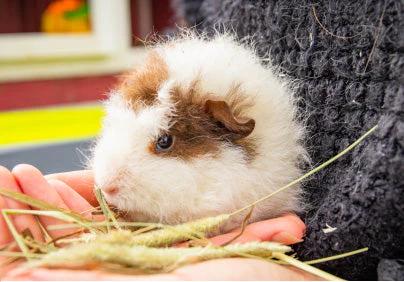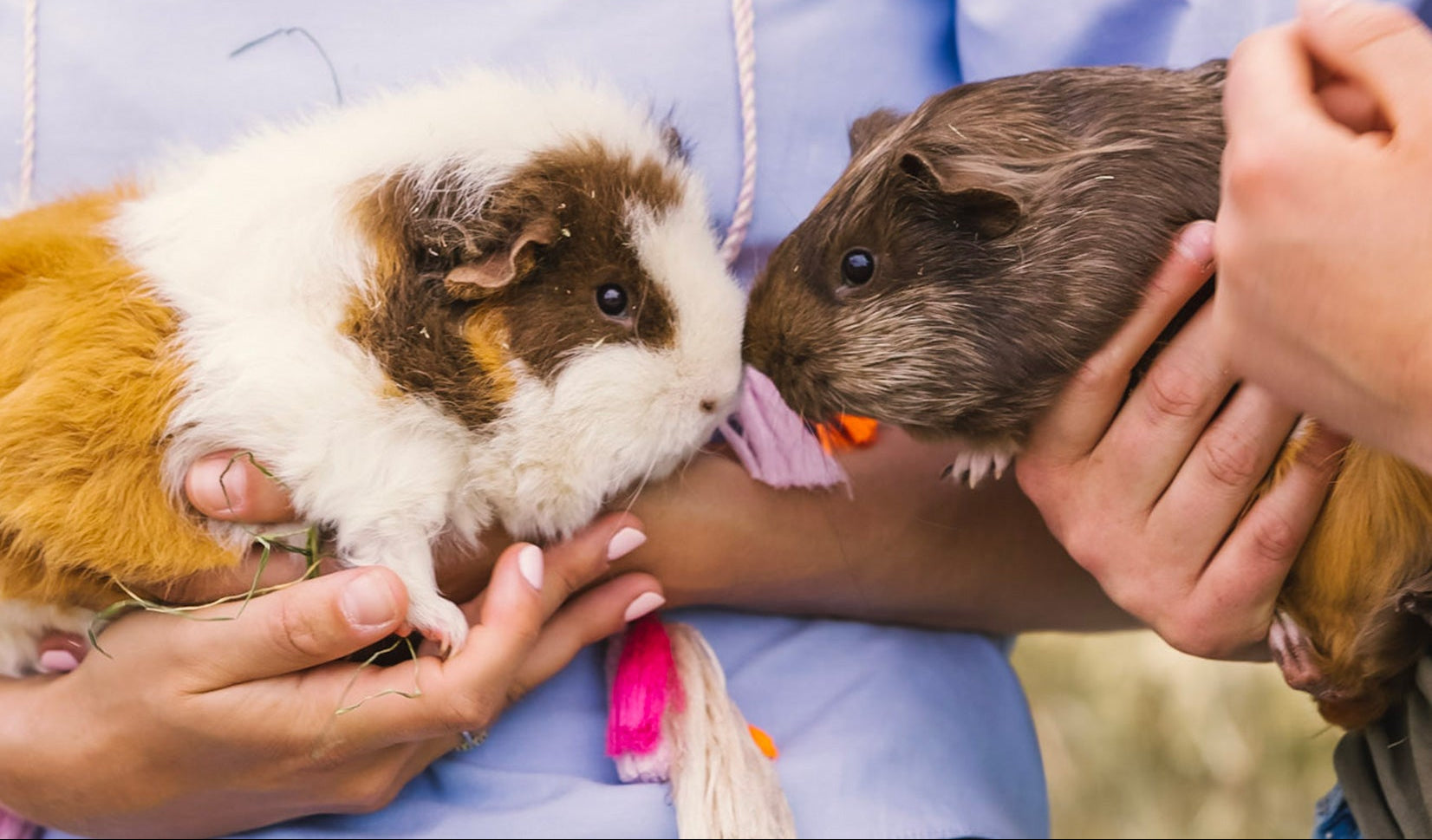What do rabbits eat?
Rabbits are herbivores and their diet mainly consists of hay, fresh vegetables, and pellets. Hay should make up the majority of their diet, around 80%, as it helps maintain their dental health and digestive system. Fresh vegetables like leafy greens, carrots, and broccoli provide essential nutrients. Pellets should be given in moderation as a supplement to their diet.
How often should I clean the rabbit's cage?
It is important to clean the rabbit's cage at least once a week, with a daily spot clean recommended. Remove any soiled bedding, droppings, and uneaten food. Thoroughly clean the cage using a pet-safe disinfectant. Regular cleaning helps prevent the buildup of bacteria and keeps the rabbit's living environment clean and hygienic.
Do rabbits need exercise?
Yes, rabbits need regular exercise to stay healthy and happy. They should have access to a safe and secure area where they can hop, run, and explore at all times. Providing them with toys and tunnels can also help stimulate their natural instincts. RWAF have guidelines on minimum enclosure requirements for housing rabbits which includes a minimum area of 2 metres by 3 metres.
How do I groom my rabbit?
Grooming is an important part of rabbit care. Regularly brush your rabbit's fur to remove loose hair and prevent matting. Long-haired rabbits may require more frequent grooming. Additionally, check their nails regularly and trim them if necessary. It is also important to check their ears for any signs of infection or mites.
Can rabbits be litter trained?
Yes, rabbits can be litter trained. Start by placing a litter box in their cage and gradually expand their living area as they become more comfortable using the litter box. Use rabbit-safe litter, such as paper-based or wood-based litter. Reward them with treats and praise when they use the litter box correctly.
How often should I take my rabbit to the vet?
Rabbits should have regular check-ups with an exotic pet veterinarian. It is recommended to take them for a check-up at least once a year. Rabbits are prone to dental issues and other health problems, so regular veterinary care is important to ensure their well-being. When rabbits don't eat enough hay and fibre they can be prone to gastrointestinal (GI) stasis, this is why hay intake is so important, GI can be fatal if not treated quickly by a Vet. We recommend feeding multiple hay types to help ensure your rabbits are eating plenty of hay.
Can rabbits live alone?
Rabbits are social animals and generally thrive in the company of other rabbits. It is recommended to have at least two rabbits living together, as long as they are properly bonded. However, not all rabbits get along, so introductions should be done gradually and under supervision. Many rescues offering bonding services to their adopters to help ensure no bun has to live alone.
What are common signs of illness in rabbits?
Common signs of illness in rabbits include loss of appetite, changes in behavior, diarrhea, excessive grooming, discharge from the eyes or nose, and difficulty breathing. If you notice any of these signs, it is important to consult a veterinarian experienced in rabbit care as soon as possible.
Remember, providing proper care and attention to your rabbit is essential for their well-being. If you have any specific concerns or questions about your rabbit's care, consult a veterinarian or a rabbit care specialist for guidance.












